The System: How domestic and family violence survivors are being failed by a broken system
It’s one of the most pressing issues in Australia – an epidemic killing one woman a week. Why are we failing those desperate for help?
Each week across Australia, a woman is killed in an act of domestic and family violence.
Usually, when those murders make the news, authorities will characterise the deaths as tragic isolated instances – victims slipping through the cracks of a system meant to protect them.
But as news.com.au has found over recent months, after speaking to survivors, advocates and service providers at the frontline of this nation’s greatest shame, there are no cracks.
They’re mammoth gaping holes.
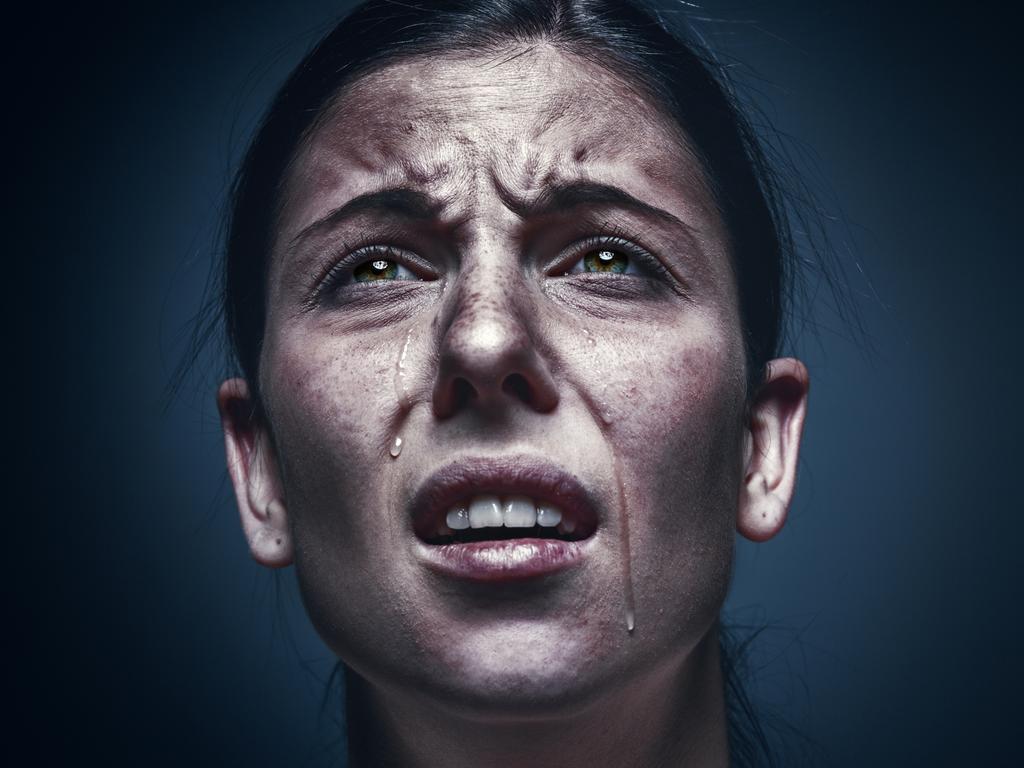
At best, these gaps leave women without support, without protection, and with nowhere to turn.
At worst, the broken system costs them their lives.
Today, news.com.au launches The System – a new editorial series sharing the real-life stories of survivors of domestic and family violence.
Over coming weeks and months, these women will reveal how parts of the complex, poorly funded and dysfunctional system have failed them, prolonging their pain and suffering, leaving them terrified, and often in grave danger.
We invite you to share your own experiences in the system, so we can continue shining a light on the flaws and their very serious consequences.
If you want to know more about how you can share your story as part of The System, email shannon.molloy@news.com.au.
Flaws are many and varied
Despite domestic and family violence becoming a key political issue over recent years, thanks to the tireless work of advocates, and even though billions of dollars have been committed by governments, many serious systemic issues remain.
Karen Bevan is chief executive of the response and recovery service Full Stop Australia and former chair of the domestic violence refuge Mary’s House, and said those navigating the system for the first time can be met by confusion, contradiction and complexity.
“They’re suddenly exposed to a wide range of systems that aren’t necessarily talking to each other,” Ms Bevan said.
“As a result, they’re often retelling their story multiple times and trying to deal with all of the administration that comes with it.
“They might be seeking an apprehended domestic violence order, as we call it in NSW, they might be seeking shelter, they might be moving their children’s schools, accessing other support services, putting a safety plan in place … so many things.”
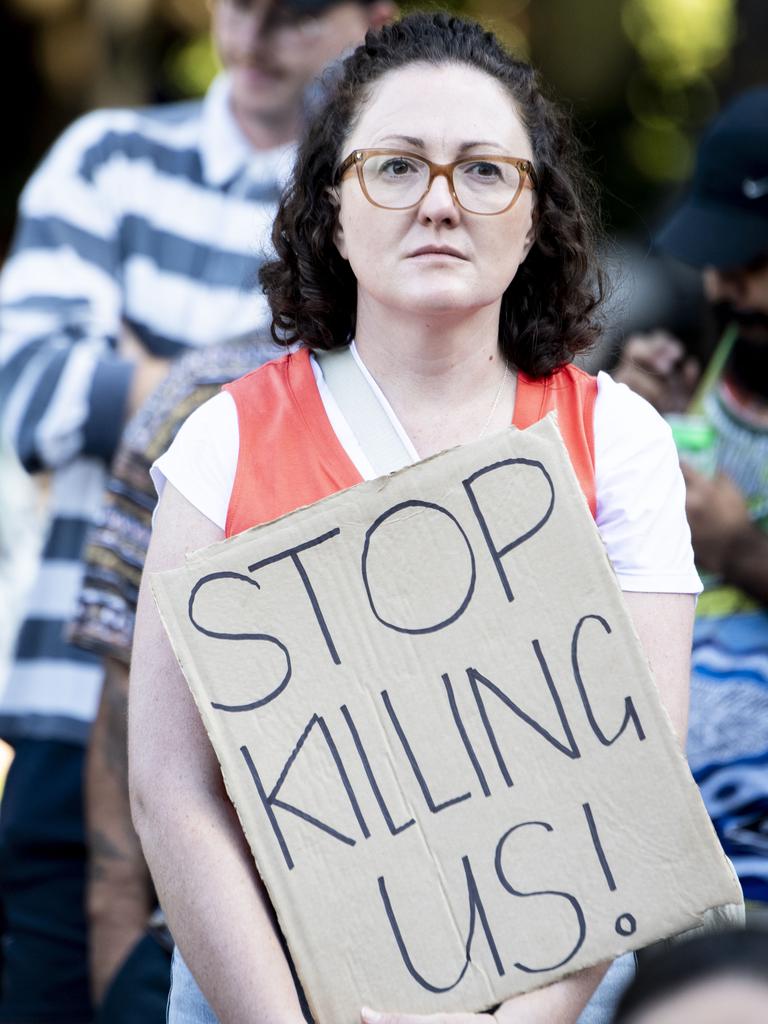
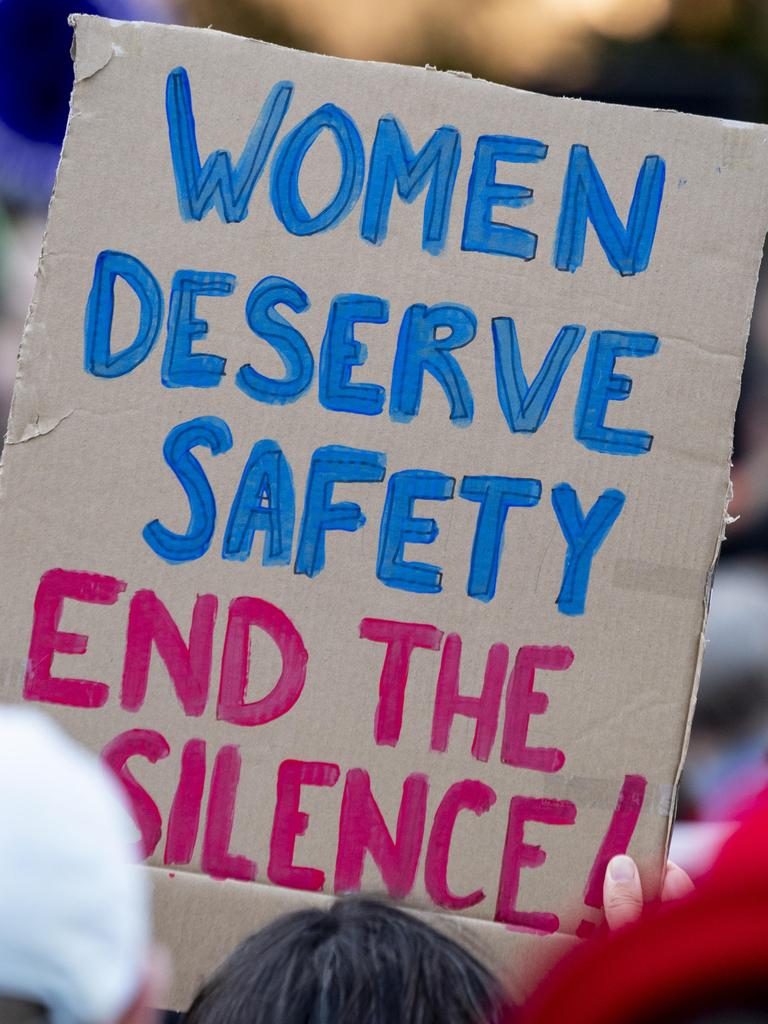
There are good people working tirelessly in every part of the system, no doubt.
But the lack of co-ordination and communication, coupled with severe underfunding and significant demand, makes their jobs difficult.
“I think what’s broken is the ability of the system to wrap itself around people at this critical time in their lives. Services are under huge pressure – those in the non-government space have been underfunded for so long that they’re at capacity – or beyond capacity,” Ms Bevan said.
“There is a lot that is broken about the system, but the biggest challenge I think is that we don’t seem to be able to consistently meet demand and have that holistic support response.”
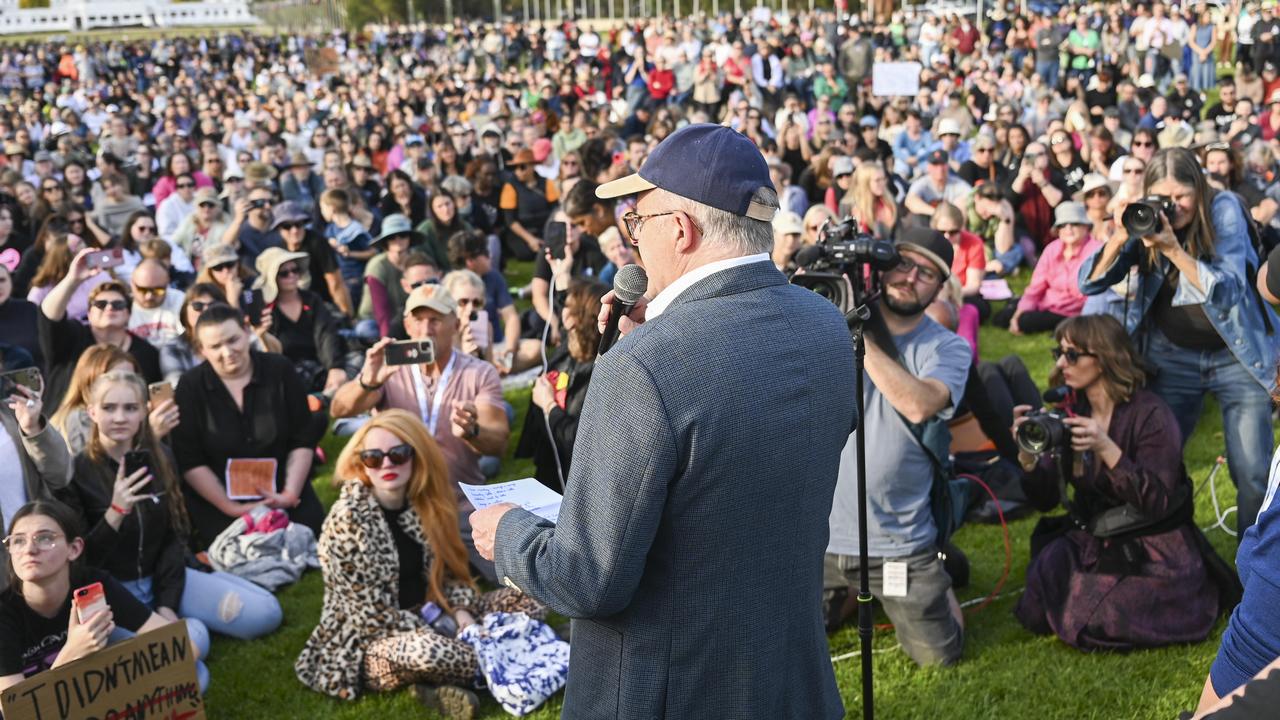
A recurring theme among survivors is the inadequacy of the police response to domestic and family violence.
Women’s Legal Service NSW principal solicitor Philippa Davis works with domestic and family violence survivors on a range of legal matters, from parenting arrangements to property and apprehended violence order matters.
“We also do a lot of work with women who might make a report to police and perhaps police have not responded in the ways that they and we would expect,” Ms Davis said.
“We see it very often, but I think there’s a caveat to that. Our clients don’t call us to tell us that they’ve had a great policing response. So, we come at it with that lens.
“It is a really common scenario but for every story that we hear, there might be a thousand stories of great policing. We’re always mindful that the stories we hear are not the good news stories as a general rule.”
That said, Ms Davis “all too often” hears stories of police responses that minimise the violence women experience, where survivors are sent away, or where help isn’t provided in critical moments.
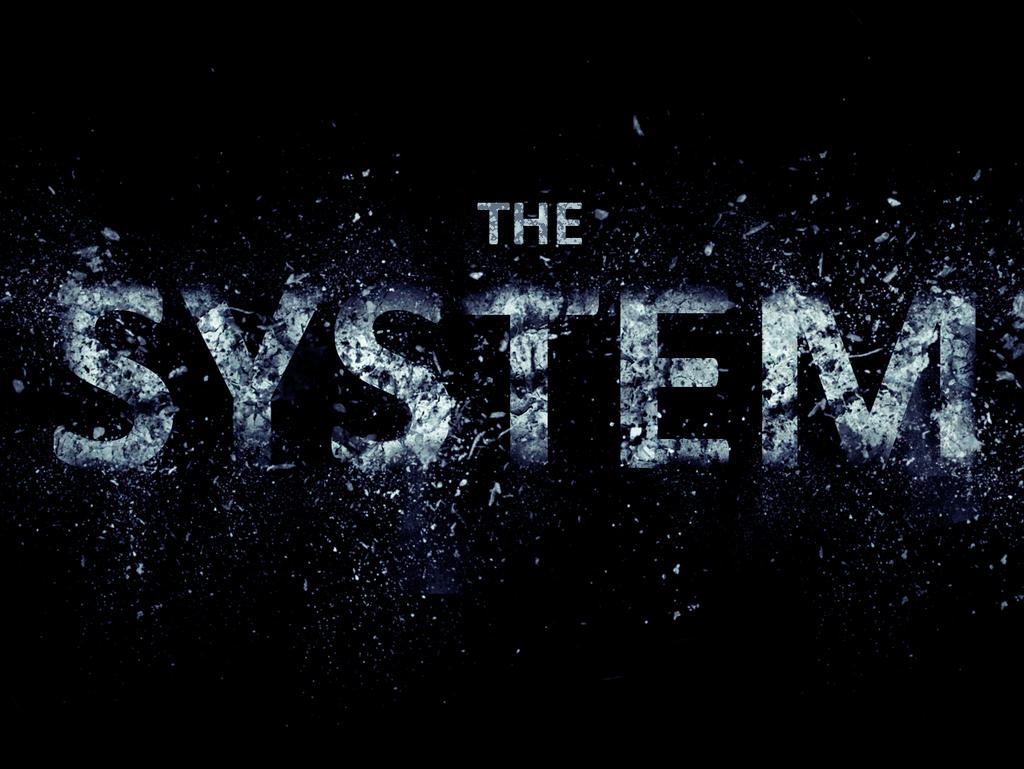
“We also see women who are misidentified as the aggressor by police and end up with an (apprehended violence order) being taken against them, and sometimes charges taken against them, when they themselves are the victims,” she said.
“Maybe police turn up and she’s seen by officers to be hysterical, or there are scratch marks on the man that are really defensive marks, where she has been trying to protect herself … maybe he’s very calm and tells a convincing story that she can’t. That’s a common scenario we encounter.”
Through this series, you’ll hear about women fighting to be heard, doing all they can to be taken seriously and be believed by police, only to be accused of “cop-shopping”.
That’s a derogatory phrase used by some police to describe women going from station to station until finding someone who believes them.
“It really minimises women’s experiences of violence,” Ms Davis said.
“It minimises accountability on the part of police for poor policing responses. And it doesn’t assist to change the system because women are just demonised in that process as they are.
“And it buys into the myth that women make up violence and will travel around and around until they get what they want.
“Our experience is that cop-shopping is not a thing. Our clients might have a really poor policing response from X station, and so they go to report it to another, and then they’re told to go somewhere else.
“The (notion) of cop-shopping is simply not what women do. In fact, if they go to police, it’s usually because things have got to a significant level of crisis. Going to police is usually one of the last things women do.”
You’ll also hear about critical problems at the frontline, from government-funded support services that are beyond capacity to health practitioners who are ill-equipped to respond to patient safety.
After family and friends, a woman is most likely to tell her general practitioner about instances of domestic and family violence, research shows.
“That’s a really big workforce that can potentially engage with survivors, with their children, and even with the person committing the violence as well,” Safer Families Centre director Professor Kelsey Hegarty, who is also the Royal Women’s Hospital and University of Melbourne’s family violence prevention chair, said.
“Unfortunately, we know that in a medical degree, a student gets about three hours of domestic and family violence training – in total.
“But we also know that domestic and family violence is as common as asthma and diabetes, and the leading contributor to death and disability for women of child-bearing age. So, that lack of training is a real worry.”
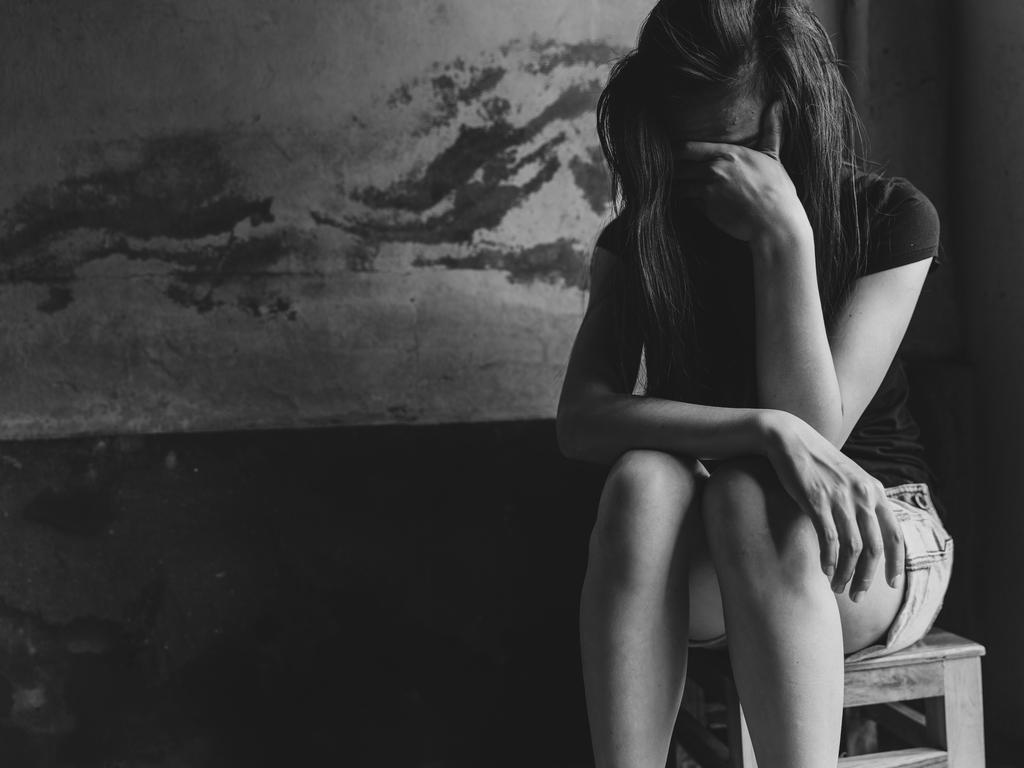
Prof Hegarty and her colleagues conducted a study of 1000 survivors to identify the barriers to seeking help and support in violent situations.
“One of them is that women are really hopeful that they can ‘fix’ the issue themselves. They’re ashamed, they’re not confident where they could go, and even though we’ve had a lot of community campaigns, they still feel there’s a stigma,” she said.
With that in mind, an ill-equipped medical professional might miss the signs or the opportunity to intervene in a positive way.
The Safer Families Centre has developed a range of training modules to support GPs and other healthcare workers to respond to the pressing – and growing – need for care.
What we want to do
There is no end date on this series.
We will run it for as long as we can, and for as long as women come forward wanting to share their stories.
Where possible, we will use the privileged power we have as Australia’s largest news website to apply pressure to politicians and governments, departments and agencies, to seek a resolution to individual issues.
We will give a voice to those who’ve been failed by the system they were assured was ready and waiting to help them.
We will hold those in positions of power to account when they make grand statements about how they’re helping, to ensure their promises are addressing actual needs and making a real difference.
If you want to share your experiences navigating the system, please get in touch.
You don’t necessarily have to share your name in print. In some cases, such is the archaic nature of parts of our legal system, we might not be able to identify you anyway.
But aside from the legalities, we understand the enormous personal and emotional toll of being a survivor, and the high-stakes risk involved with speaking up.
If there’s a way we can help, whether it’s giving you a voice or advocating for a solution to the consequences of the system’s failure, we will do our best.




